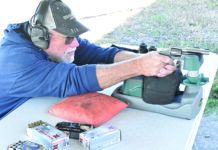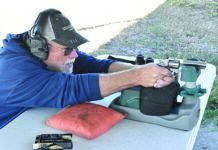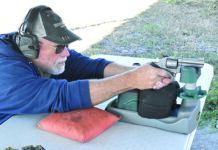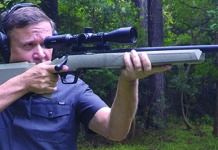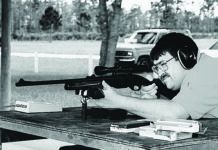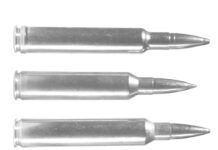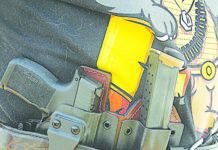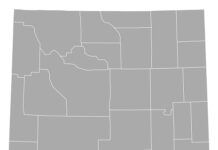(GunReports.com) — Writing in an opinion piece for the Denver Post, David B. Kopel, research director for the Independence Institute and an adjunct professor of advanced constitutional law at the University of Denver, made some excellent points about what the state’s gun laws cover and don’t cover. From the editorial:
Today, guns are the most stringently regulated consumer product in the United States, the only product for which every single purchase from a store requires permission from the FBI or its state counterpart, such as the Colorado Bureau of Investigation. In 2000, Colorado went even further, enacting special rules for background checks at gun shows.
The post-Columbine laws that aim to keep guns out of the wrong hands are complemented by new laws that protect the self-defense rights of the law-abiding: repealing an old law which had authorized the governor to ban gun sales during an emergency (when guns would be needed most); preventing localities from interfering with the transportation of guns in automobiles; limiting localities’ power to enact anti-gun laws; and forbidding suits against firearms manufacturers because of gun misuse by criminals.
The most important reform was the 2003 Concealed Carry Act. The act provides for issuance of handgun carry permits to adults who pass a 10-point fingerprint background check and a safety training class. The law affirms a sheriff’s discretion to deny a permit to someone who has a clean record but whose documented conduct shows that he would be a danger to himself or others.
The act has thwarted at least one massacre, when in December 2007, a man attacked the New Life megachurch in Colorado Springs. Church volunteer security guard Jeanne Assam was lawfully carrying a licensed handgun, and she quickly shot the attacker. According to pastor Brady Boyd, “she probably saved over 100 lives.”
Read more here.


